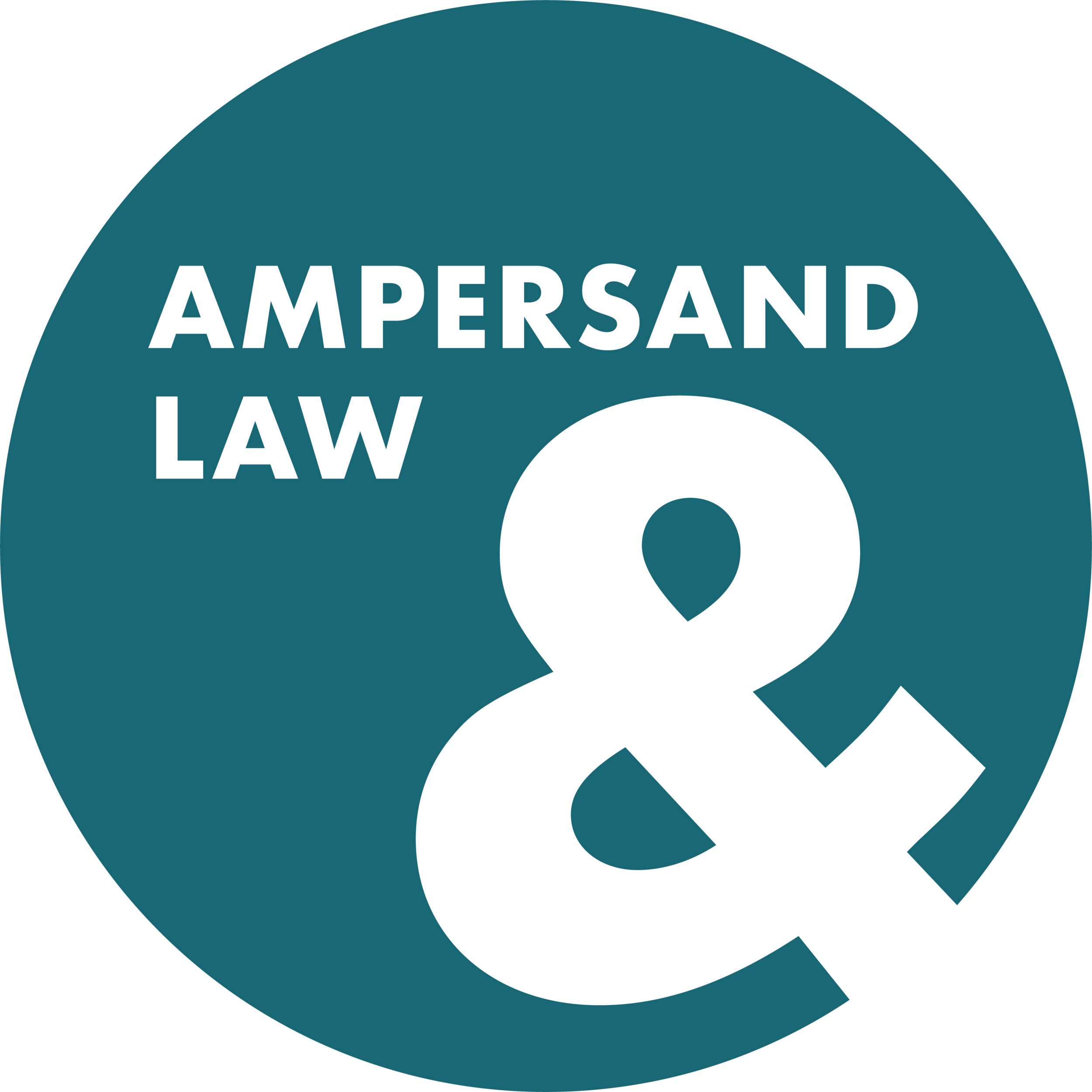An Executor's To-Do List
[THIS BLOG POST IS A WORK IN PROGRESS - EXPECT AND ACCEPT TYPOS UNTIL FURTHER NOTICE!]
Even if you have an up-to-date Will and organize everything so your Executor has a clear map of your estate, they can still have a long to-do list.
STEP 1: TYPE OF ESTATE/PROBATE CASE. (/is a court process needed)? You can try to self-determine this by figuring out the following:
Did the deceased person (TDP) have a Will (+ possibly a Codicil)?
If there was no Will and there are assets (and/or debts) to deal with, you'll follow the procedures established by North Carolina's Intestacy statutes.
Which assets did TDP own at the time of their death, what were their respective values, and which are subject to probate, and which are not? If the value of any asset changed since TDP died, use the value at the date of death. Determine your best estimate of the total value of probate assets. If TDP owned real estate, note those assets but do not include their values in your calculation. What debts and bills did TDP have at the time of their death? These could be outstanding debts (like credit card balances) and standard bills (such as utilities).
If the total asset value, less any liens/loans on the assets, is under $20,000 (or $30,000 in specific situations), one of two "small estates" procedures may be possible. These processes are faster than formal administration but come with significant complications if creditors make claims and/or additional assets are found that push the total value over the threshold.
STEP 2: REVIEW THE WILL. Presuming TDP left a Will, review it, and determine the following:
Do you have/can you get the original (pen-to-paper "wet" signature) document?
If it's a copy/scan and the original is lost, additional steps are needed.
Is it North Carolina Will?
If it isn't a North Carolina Will, additional steps are needed.
Is the person named as Executor/Personal Representative willing and able to serve?
If the named person is not able to serve because they died before deceased, obtain a copy of their death certificate; or
If the named person is unwilling/unable to serve for another reason, additional steps are needed to waive/refuse their right formally.
Is the person named as Executor/Personal Representative a resident of North Carolina?
If not, the named person must complete an additional step to appoint a "Resident Agent." Beyond that, the estate must post an insurance bond for an amount set by the Court (required in North Carolina, even if the Will expressly prohibits it).
For everyone/everything named in the Will to receive something from TDP's estate, obtain:
Their age (specific ages for those under 18, "adult" is sufficient for those 18+);
Their relationship to the deceased (spouse, sibling, child, friend, etc.);
Their current mailing address.
If any of the named people have died or the named entities are no longer in existence; additional steps may be needed.
STEP 3: CALL THE COURTHOUSE. Call the courthouse in the county where the TDP lived at the time of their death.
Ask to schedule an appointment to open an estate.
Verify what documents and forms you'll need to bring, the filing fee (currently $120.00), and how to pay that fee(cash, check, credit/debit).
STEP 4: GATHER DOCUMENTATION AND PREPARE COURT FORMS. Gather the documentation and prepare the forms for the appointment.
Obtain original Death Certificate (the Court will not accept copies or scans);
TDP's marriage certificate (if applicable) and the death certificate of TDP's spouse (if they died before TDP). If TDP's marriage ended in divorce, the Court might require legal documentation of the divorce. For these documents, copies/scans are acceptable unless the Court says otherwise.
Prepare the following NC court forms (and any others the Court tells you to prepare when you call them for the appointment), available to download online:
"Application for Probate and Letters."
"Application to Qualify as Personal Representative."
"Oath/Affirmation."
STEP 5: APPOINTMENT WITH ESTATES DIVISION AT COUNTY COURTHOUSE. Attend the appointment at the Court, bringing along all the required documentation, the completed court forms, and the payment for the filing fee. If the clerk finds everything in order, they will open an estate case and will issue:
"Order Authorizing Issuance of Letters," "Letters Testamentary," and "Certificate of Probate" – this is the legal documents the Executor needs to take carry out their fiduciary duties;
"Notice to Creditors" requirements; and
If the Executor is not a North Carolina resident, they will also provide the insurance bond requirement. Note: the bond value is 110% of the estate value listed in the "Application for Probate and Letters."
IMPORTANT NOTE: TAXES. Executors must file income taxes on behalf of TDP for their last year of life (standard deadlines). They may also have an obligation to file income taxes on behalf of the estate annually.
STEP 6: INSURANCE BOND. Immediately if required – Obtain the insurance bond and file the Bond affidavit with the Court. Bond costs vary, but for reference, in a 2019 case, the bond insured $200,000.00 of estate assets and cost $205 per year.
STEP 7: NOTICE TO CREDITORS. Very soon after the Court opens the estate case, the Executor must:
complete the Notice to Creditors processes – both newspaper publication and individual notice to known creditors;
file related affidavits with the Court;
regularly check with the Court for filed claims;
review any claims for validity;
determine where they are in the statutory order of priority for claims; and
use estate funds to settle valid claims (in priority order).
FAQ: NOTICE AND DISTRIBUTIONS TO HEIRS. After the Court opens the estate case, the Executor has to notify all named heirs. Beyond the first notice and the eventual distribution of their inheritance, the Executor has few legal obligations to keep heirs up-to-date on the status of the case. The very end of the case is the appropriate time to make distributions from an estate (specific gifts and residuary distributions. The distributions should occur just before the Executor files the Final Account form (usually sometime 6+ months after the case opens). The Executor should not make any distributions to heirs (money or specific items) until all other bills, costs, and estate matters are complete. The Executor is legally obligated to retain anything TDP owned that could be sold for profit and all financial assets until authorized to distribute them.
STEP 8: CLOSING ACCOUNTS, INVENTORYING AND CONSOLIDATING ASSETS, PAYING BILLS, "OTHER DUTIES AS ASSIGNED." The Executor uses their legal authority to close TDP's accounts, inventory and consolidate their assets, pay valid bills, and complete the various "other duties as assigned." As the Executor considers the bills and expenses, they need to refer to which allowed used for estate funds. Example: TDP's burial costs are permitted, but TDP's memorial service refreshment costs are not.
FAQ: YEAR'S ALLOWANCE FOR SPOUSE AND DEPENDENT CHILDREN. If TDP was survived by their spouse and/or dependent children, those people have a legal right to a year's allowance paid from TDP's estate assets. The first request must be made, via application to the Court, within 1 year of TDP's death. The year's allowance, if granted, takes priority over all other claims made.
STEP 9: INVENTORY. Within 3 months of the day the estate case opened, the Executor must file the Inventory form. Additional fees will be due based on the estate's gross value (currently $0.40 per $100.00 of value, minimum fee of $15.00, maximum fee of $6,000.00).
FAQ: REAL ESTATE. In North Carolina, if TDP had individual ownership of real property at their death, what happens to that real property varies. The facts of TDP's estate determine the outcome.
STEP 10: ESTATE ACCOUNT. Within 1 year of the estate case opening, the Executor must file the Estate Account form. It may be an annual filing (if the estate is not ready to close), or it might be a final filing (if the estate is ready to close, more on that in step 11). If the value of the estate has increased, additional court fees will be due. The Court requires specific documentation to accompany the Estate Account form.
STEP 11: CLOSING THE ESTATE. After the Executor completes all the above steps, it's time to consider closing the estate. The Executor should only take this step after sufficient time has passed. The Executor should not have reason to expect further actions (new assets or bills) will occur. This point in time may occur with the one-and-only filing of the Estate Account form or might happen after an annual Estate Account has been filed. If after, the Executor must prepare a final Estate Account form.
Unless the Will expressly prohibits it, Executors have the right to Commissions (payment for the Executor's services). To receive Commissions, the Court must approve the Executor's request. If approved, they can pay themselves from estate funds. Notes: court approval of Executor's Commissions is discretionary and cannot exceed 5% of the estate's receipts and disbursements. Professional Executors are subject to different compensation rules.
If an attorney has been assisting with the administration of TDP's estate, this is the point at which they submit their request for Court approval t pay their fees.
The Executor now makes final distributions from TDP's estate to the named heirs (specific items, financial gifts, and residuary distributions). The Executor must obtain a signed Receipt form from each heir and file those with the Court.
If needed, the Executor must file the final Estate Account form along with the specific documentation required.
If accepted, the Court will discharge the Executor from their duties, and the case is closed.

